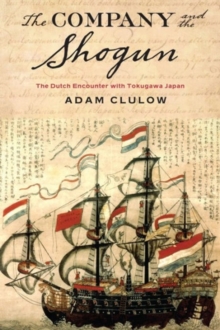
A World More Equal : An Internationalist Perspective on the Cold War Paperback / softback
by Sandrine Kott
Part of the Columbia Studies in International and Global History series
Paperback / softback
Description
The post–World War II period is typically seen as a time of stark division, an epochal global conflict between the United States and the Soviet Union.
But beneath the surface, the postwar era witnessed a striking degree of international cooperation.
The United Nations and its agencies, as well as regional organizations, international nongovernmental organizations, and private foundations brought together actors from conflicting worlds, fostering international collaboration across the geopolitical and ideological divisions of the Cold War. Diving into the archives of these organizations and associations, Sandrine Kott provides a new account of the Cold War that foregrounds the rise of internationalism as both an ideology and a practice.
She examines cooperation across boundaries in international spaces, emphasizing the role of midsized powers, including Eastern European and neutral countries.
Kott highlights how the need to address global inequities became a central concern, as officials and experts argued that economic inequality imperiled the creation of a lasting peace.
International organizations gave newly decolonized and “Third World” countries a platform to challenge the global distribution of power and wealth, and they encouraged transnational cooperation in causes such as human rights and women’s rights.
Assessing the failure to achieve a new international economic order in the 1970s, Kott adds new perspective on the rise of neoliberalism.
A truly global study of the Cold War through the lens of international organizations, A World More Equal also shows why the internationalism of this era offers resources for addressing social and global inequalities today.
Information
-
Available to Order - This title is available to order, with delivery expected within 2 weeks
- Format:Paperback / softback
- Pages:312 pages
- Publisher:Columbia University Press
- Publication Date:06/02/2024
- Category:
- ISBN:9780231210157
Other Formats
- Hardback from £111.15
Information
-
Available to Order - This title is available to order, with delivery expected within 2 weeks
- Format:Paperback / softback
- Pages:312 pages
- Publisher:Columbia University Press
- Publication Date:06/02/2024
- Category:
- ISBN:9780231210157










